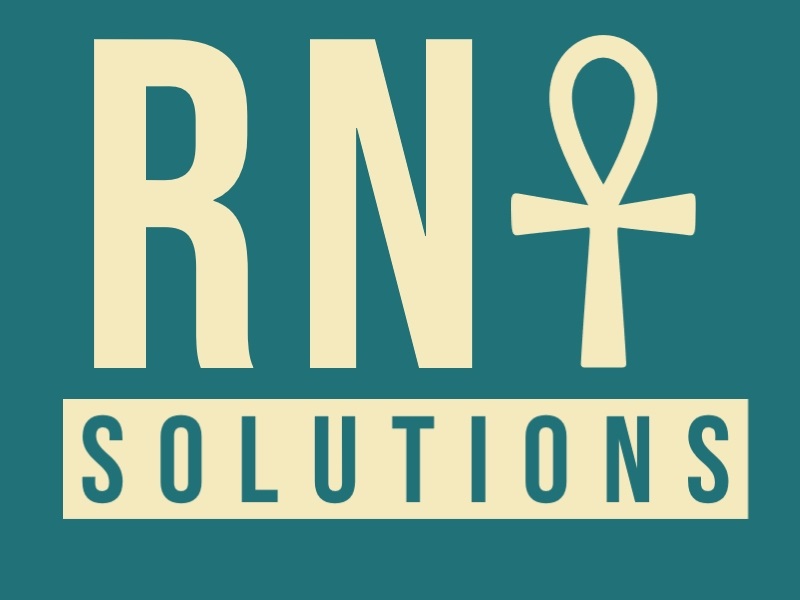This blog explains why an emergency fund is so important, offers practical tools for creating one and gives you a guide for how much you should save.

Recessions do come with negatives, such as job losses and stock market declines. The COVID 19 pandemic has forced law firms across the globe to start reducing salaries, reducing hours and some are even making redundancies. This can cause anxiety and stress when you don’t have a fall- back plan.
Life is unpredictable so, before you make a start with any of your investments, it is now more important than ever that you first prioritize building an emergency fund.
What is an emergency fund?
As the name suggests, it is the cash that you should have set aside for emergencies – i.e. those unpredictable life events or circumstances that you didn’t expect.
An emergency fund will tide you over so that those unexpected life events just become an inconvenience, rather than a drastic issue. However, a surprising number of people don’t have any savings at all.
So here are 5 reasons why having an emergency fund is so important and how you can start to build one.
Why is an emergency fund so important?
1. It provides a financial safety net
How many people do you know who weren’t prepared for the economic impact of COVID-19? It is terrible to see the number of people who lost their jobs as a result of the pandemic and so many of those people didn’t have the financial safety net to carry themselves over until their next job opportunity.
As a result, people are struggling to pay their bills.
Hopefully you’ll never be faced with the issue of losing your job, but research tells us that 70% of us will have an unexpected life event every 10 years. This could be anything from a car breaking down to an unexpected pregnancy.
Whatever it is, having an emergency fund can make all the difference. An emergency fund will provide you with a form of personal insurance when “life happens”.
2. It gives you options
In Jim Carrey’s words “you can fail at what you don’t want so you may as well take a chance on doing what you love”
I have spoken to many lawyers who aren’t loving their work at the moment. However, at a time like the present, people are afraid to leave their jobs due to the economic uncertainty of finding a new one.
As a result, people stay in their jobs, unhappy and feeling powerless to explore other options.
If you had a pot of money available to pay your bills in the interim, you’d feel more confident to explore other options and take the leap on a career path that makes you happy, knowing that you have a financial safety net if the risk doesn’t pay off.
3. It can reduce stress levels
Why is it that we put so much pressure on ourselves to over perform and consistently go above and beyond in everything we do? As irrational as it might seem, some would say that we do this for fear of losing our jobs!
Knowing that you have a healthy emergency fund to fall back on if anything drastic were to happen could significantly reduce the stress you feel on a daily basis. Having that financial safety net and knowing that you have “other options” if worst comes to worst can reduce stress levels and the pressure that you feel on a daily basis.
4. It saves you running to the bank
Stress levels will also be reduced in the longer term as you won’t have to rely on credit cards of loans in emergencies.
Credit cards and loans just delay the problem, and you’ll likely end up paying more than you borrowed because of the interest rates.
Having a larger, longer debt can cause even more financial and emotional stress and can put you even further away from your financial goals. This can be demotivating.
When life happens, you’ll be prepared with a stash of cash to fall back on, instead of running to the bank. This will mean that, when an unexpected car problem occurs, it’ll be considered a mere inconvenience rather than a stressful life event.
5. It provides a buffer for opportunities
In reality, there may be an occasion when your emergency fund becomes a buffer.
Whilst an emergency fund should be used for just that (emergencies!), it can provide a helpful buffer to seize investment opportunities.
The biggest gain that people miss out on when it comes to growing wealth is often in missed opportunities. If you have found a brilliant property investment that ticks all of the boxes but you don’t have any liquid cash to invest, you might dip into your emergency fund to avoid missing the boat.
However, whilst this is a benefit, it should be used with caution! If your emergency fund is used for this purpose, you should always have a plan to replenish it immediately! Otherwise, it is just not worth the risk.
How much of an emergency fund should I have?
Given the economic uncertainty, you should aim for at least 6 months’ of your essential living expenses.
This might sound a lot, but this is your essential living expenses – not the expenses that are required to maintain a luxury lifestyle. For example, your basic expenses might cover:
· rent
· car payments
· utility bills
· school fees
· transport costs
· food
These are the must haves, not the nice to haves.
How to start actually start saving your emergency fund
Step 1: do a financial analysis
You first need a snapshot of your current financial situation.
You can get this by downloading the Income and Expenses Tracker.
Fill in all of your income and expenses for each month and review your total.
Step 2: calculate your target amount
Highlight all of the essential living expenses (such as those above) and add them together to get your monthly living expense. Times that number by 6 (i.e. for 6 months) to give you your total target emergency fund target, which will cover your living expenses for 6 months.
You then need to create a plan to save that amount.
Step 3: review unnecessary expenses
Go back to the Income and Expense Tracker and highlight any unnecessary expenses that can be reduced or eliminated. Start by saving a little each month until you reach your goal.
Step 4: open a separate bank account
You should aim to build your savings into your monthly budget. The best way to do this is to open a separate interest bearing savings account (without a debit card!) and schedule an automatic payment for the amount that you’ve committed to.
This will help to automate the payments so that you don’t have to think about it each month – it will take the thinking out of the transaction and avoid you deliberating each month about whether to put that amount into your savings pot, or to spend it elsewhere.
It will also keep your emergency pot out of sight so that you’re not tempted to dip into it.
It’s important to keep your emergency fund in cash so that you can access it quickly.
Final tip – Plan ahead
Think about what expenses might come up in the near future. For example, if you are planning a pregnancy, you might want to boost your emergency fund to include the essential baby supplies. Or if you know that your car is due for a service and you think it might fail, you might want to boost your fund to accommodate additional maintenance payments.
Do a financial analysis to assess what expenses might be coming up in the next 3-6 months and plan accordingly.
If you have debt to clear and want to know which to prioritise, read Emergency: Bill the WIP blog.
Conclusion
It is now more important than ever that you build and maintain an emergency fund. Having an emergency fund is essential because:
· it provides a financial safety net;
· it gives you options;
· it reduces stress levels;
· it saves your running to the bank; and
· it provides a buffer for opportunities.
You should aim to save 6 months of essential expenses as your emergency fund.
Start saving this by first undertaking a financial analysis to understand exactly what your essential expenses are.
Then, calculate how much you need to save and start saving a little each month towards that goal.
Make your life easier by setting up a separate bank account to receive automatic payments so that your fund remains easily accessible (i.e. in cash) but out of sight so that you’re not tempted to spend it.
If you’re expecting any life events to in the near future, plan ahead and give your emergency fund a boost in advance.












One response
[…] For more on this, read How to Build an Emergency Fund – and How Much You Should Save […]